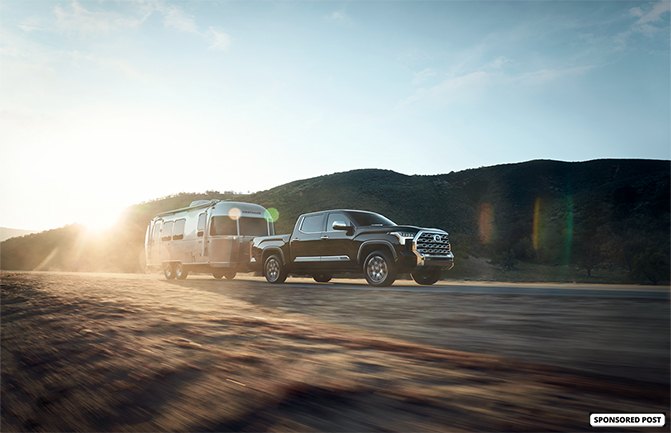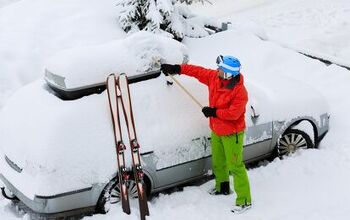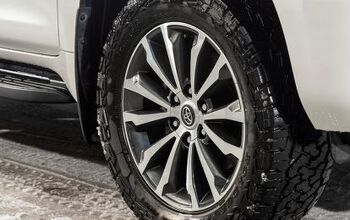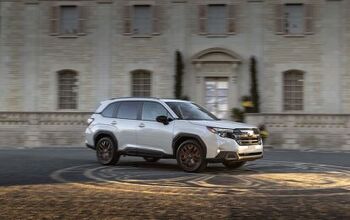Protecting Your Life on the Road: RV Insurance
Strict travel restrictions and stay-at-home orders at the beginning of the pandemic led to decreased sales of Recreational Vehicles, but the mobile lifestyle has since experienced a resurgence as more jobs become remote-friendly, social distancing becomes a feature of everyday life, and people are looking to make up for lost travel time. The perks of RV living, whether it is full- or part-time, are appealing to many—it offers individuals and families easy access to travel, flexibility, and a more affordable lifestyle. But how do you protect your home-on-wheels, as well as the people and property inside? The answer is RV insurance. This coverage is a unique combination of the coverages you find in auto and homeowner insurance policies that will help with peace of mind on and off the road.
Full-Time vs Part-Time
One of the first questions you will need to answer as you begin shopping for RV insurance is whether you qualify for a “full-time” policy or if a part-time (or recreational) policy is adequate for your needs. Just like with renter’s insurance versus a homeowner’s policy, you need coverage that fits your lifestyle. If you live in your RV full-time it likely houses more of your valuables and property—you will need to protect it as you would any primary residence. If you only live in your RV part time, you still need to make sure you have adequate coverage, but you can probably look for lower coverage limits. If you can drive your RV, insurance is required. A pop-up or camper towed by an insured vehicle may not require more than liability coverage, but you need to decide what level of coverage is right for you.
Part-time policies cover the interior and exterior of the RV while you are on the road or parked anywhere that is not your primary residence. This type of insurance can include protection from general liability, physical damage, and loss or damage of items inside the RV. If you invest in a part-time policy but live in your RV more than 150 nights per year, you could find yourself in trouble in the event of an accident. Full-time policies more closely resemble homeowner’s insurance and offer more extensive coverage and unique policy additions.
Be honest with your insurance company about how much time you spend in your RV, as it helps your insurer anticipate how much risk you will be exposed to and the amount of coverage that will adequately protect you. Regardless of how much time you spend in your RV, you will need a physical address to purchase an insurance policy. The state you treat as your permanent home (or have a substantial connection with) is considered your “domicile,” and should be the location of your permanent address—this could be a relative’s home, a P.O. box, or a residence you rent or own in addition to your RV.
–
RV Insurance: The Details
As a kind of home on wheels, your RV needs to be covered as both a residence and a vehicle. As a vehicle, almost every state requires some level of liability coverage for motorhomes. Liability insurance helps cover property damage and losses to others as a result of an accident that is your responsibility. This will not cover you, your passengers, or your property, so think of it as the bare minimum of insurance you will need to hit the road. Some states will also require uninsured/underinsured motorist coverage, which helps cover costs if someone hits you and is driving without (or with not enough) insurance. You might also want to consider a policy that includes roadside assistance, which would cover towing, flat tire repair, fuel outage, and jump starts.
If you finance your motorhome, you will be required to purchase comprehensive RV insurance, which covers incidents not addressed by a collision policy, like fire, vandalism, collisions with animals, and more. You should also look into property coverage, something usually reserved for renter’s or home insurance, but relevant to anyone living out of their RV. Property coverage will protect you against the loss of those items that are unique to motorhomes: small appliances, clothes, jewelry, important documents, etc. Like you would with renter’s or homeowner’s insurance, you will want to accurately catalogue the belongings that will be in the RV with you and acquire an appropriate corresponding amount of coverage. Vacation expense coverage will cover the cost of your accommodations should your RV need repairs. Finally, travel medical coverage is a good idea if you plan to travel outside of the U.S., as it will help cover expenses in the event you need medical care in a foreign country.
Asking for Help
With its special considerations and unique combination of coverage types, you might be more inclined to ask for assistance when it comes to shopping for RV insurance. In 2021, insurance expert Theresa Cogar advised RV owners to look for carriers specializing in RV coverage. Traditional auto insurance carriers, she said, “are not experienced enough with what to expect with RV damage—water leakage, and those types of things.” Specialized carriers will also have knowledge of RV value over time. “The value of your vehicle is a lot different than your [car]. We are all accustomed to a car losing its value as soon as you [leave] the dealership, but RVs are a little different.” Your vehicle will retain its value for a longer period of time, especially if you keep it in good condition, which a good insurance policy will help accomplish. The entire agency you decide to go with does not have to specialize in RV insurance, but it is worth seeking out a subject-matter expert like a licensed, experienced independent agent as you shop. Doing so could mean the difference between unforeseen twists and turns and a smooth ride down the road
*This is a sponsored article
More by AutoGuide.com News Staff


































Comments
Join the conversation